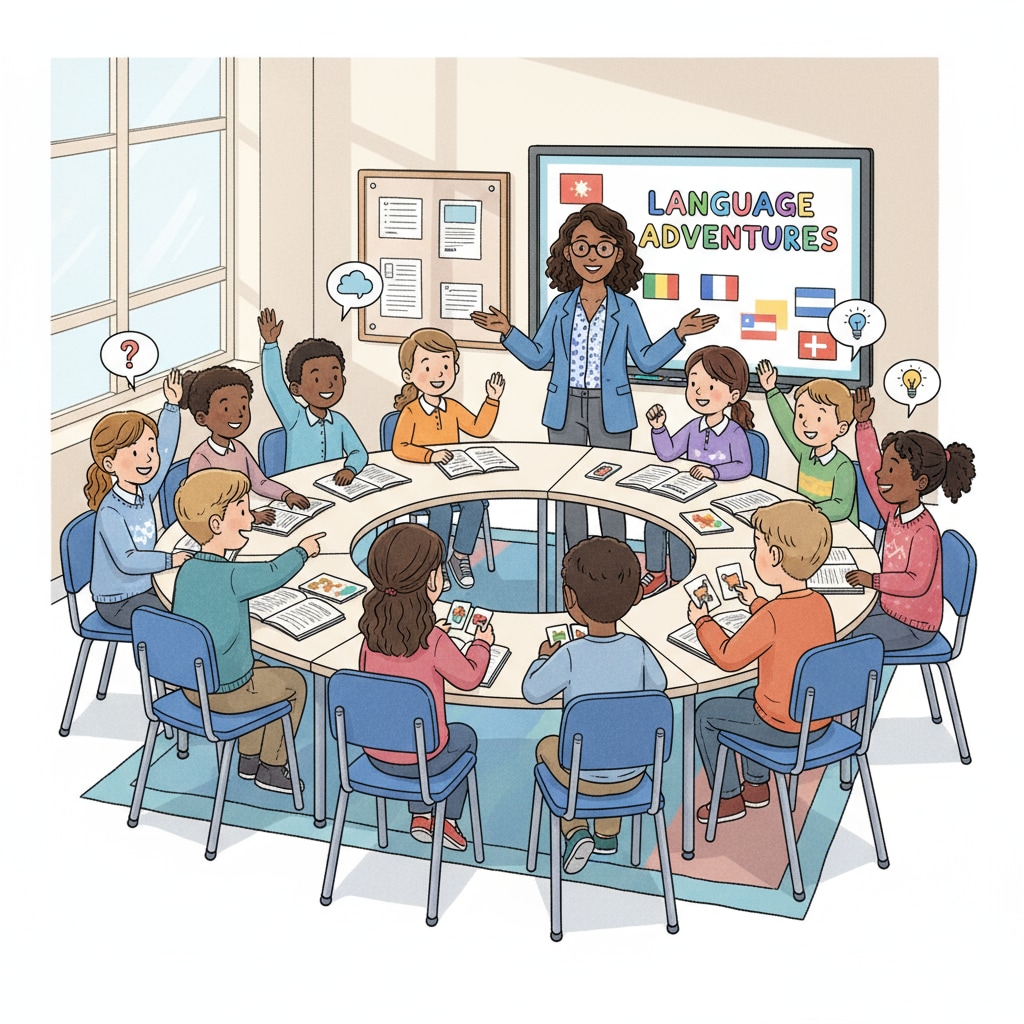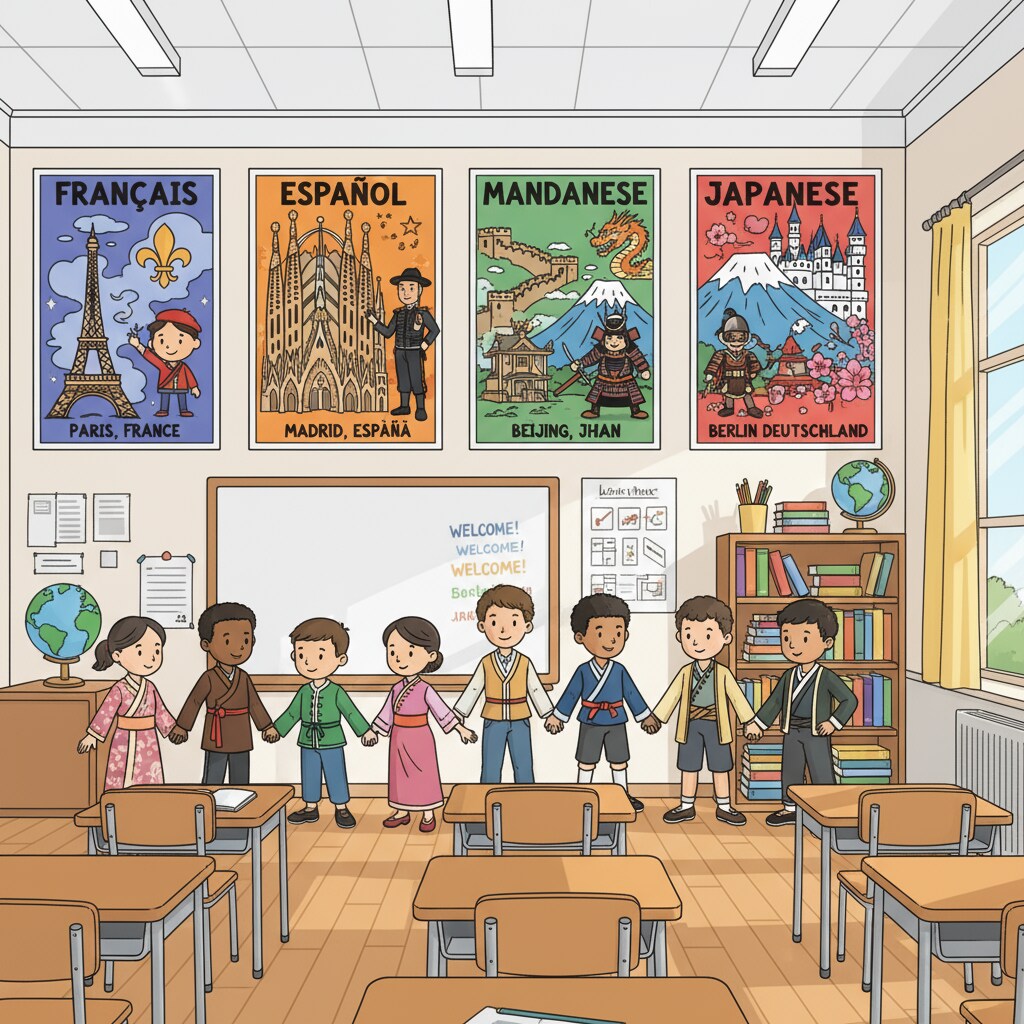Language learning, knowledge value, cultural horizons are intertwined in a beautiful way that can transform a child’s cognitive landscape. Language is far more than a simple tool for communication; it serves as a portal to new worlds of knowledge and diverse cultures. In the K12 educational stage, language learning takes on a special significance as it has the potential to expand students’ understanding of the world and shape their thinking patterns.

The Knowledge Value Embedded in Language Learning
Language learning is a treasure trove of knowledge. Each language encodes the wisdom, history, and values of the culture it represents. For example, when students learn Latin, they are not only acquiring a language but also delving into the rich history of the Roman Empire. As stated on Latin language on Wikipedia, Latin has had a profound influence on many modern languages and academic disciplines. The vocabulary, grammar, and expressions in a language carry the accumulated knowledge of generations. Therefore, by learning a new language, students gain access to a vast reservoir of information that they wouldn’t have otherwise.
Expanding Cultural Horizons Through Language
Language is an integral part of culture. When students engage in language learning, they are stepping into the cultural shoes of native speakers. For instance, learning French exposes them to the elegance of French art, literature, and cuisine. According to French language on Britannica, the French language is closely tied to the country’s rich cultural heritage. Through language, students can understand different social norms, traditions, and ways of thinking. This exposure broadens their cultural horizons and helps them develop a more inclusive worldview.

In addition to knowledge and culture, language learning also enhances cognitive abilities. It improves memory, as students need to remember vocabulary, grammar rules, and expressions. It also sharpens problem-solving skills, as they figure out how to communicate effectively in different contexts. Moreover, being bilingual or multilingual can enhance mental flexibility and creativity.
In conclusion, language learning in the K12 stage is a powerful tool that offers significant knowledge value and expands cultural horizons. It enriches students’ lives, broadens their perspectives, and equips them with the skills needed to thrive in a globalized world. By embracing language learning, children can break down cognitive barriers and embrace the diversity of the world around them.
Readability guidance: The article uses short paragraphs to convey ideas clearly. Each H2 section presents key points. The use of passive语态 is minimized, and transition words like ‘for example’, ‘therefore’, and ‘in addition’ are used to enhance flow. Lists could be further incorporated to make the content more organized, and the distribution of key concepts ensures a balanced and engaging read.


